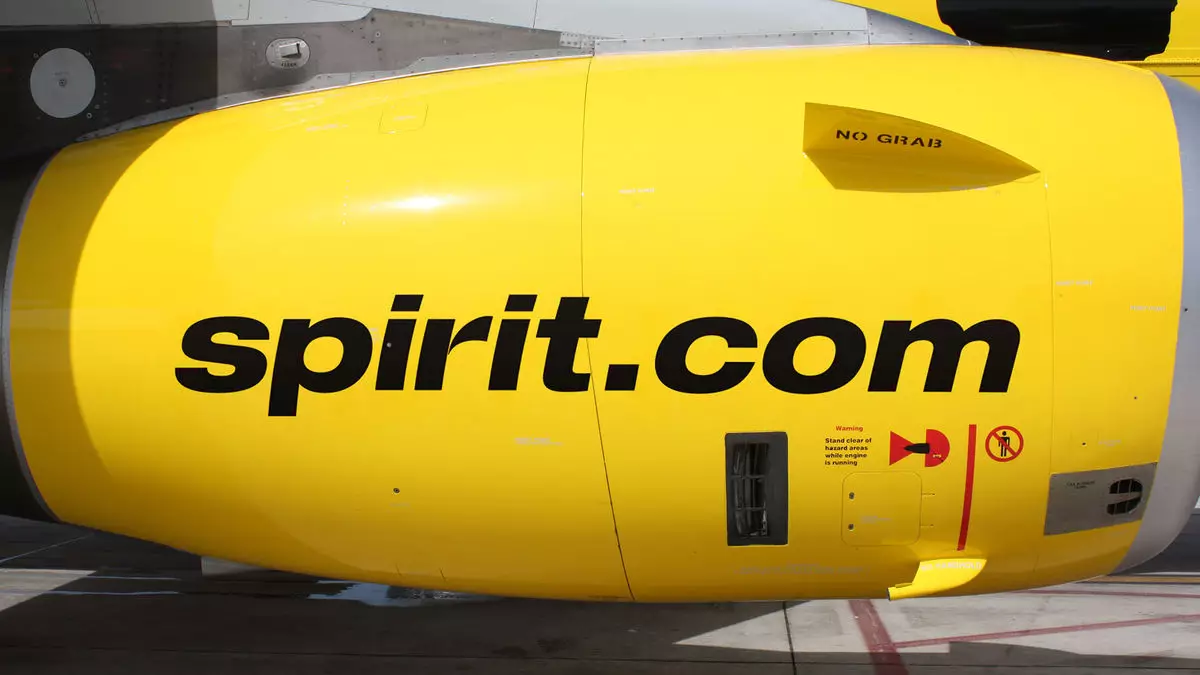In a dramatic turn of events within the airline industry, Spirit Airlines has once again rebuffed a buyout offer from Frontier Airlines. This latest offer, made on February 4, closely mirrored a previous proposal from Frontier dated January 7. It included a significant financial commitment of $400 million in new debt and a 19% stake in Frontier’s common equity for Spirit investors. However, it notably did away with a previously required $350 million equity investment, which was part of Spirit’s ongoing restructuring since entering Chapter 11 bankruptcy.
Spirit Airlines has been navigating the challenging waters of bankruptcy protection and restructuring efforts for several months, having announced its plan in November. Their rejection of Frontier’s offer suggests that Spirit is attempting to prioritize their financial health and preserve stakeholder value, which they believe may be compromised by accepting Frontier’s proposal. Spirit’s management argues that the terms of the latest offer do not align well with their current reorganization strategy. This move indicates a strategic decision to maintain control over their restructuring process and to ensure they can deliver potential long-term benefits to their investors.
Frontier’s approach has already undergone adjustments, hoping to entice Spirit by eliminating the $350 million equity rights offering—a change they considered a substantial concession. The communication from Frontier’s CEO Barry Biffle, along with Chairman Bill Franke, directly addressed Spirit CEO Ted Christie, indicating a lack of willingness to modify other commercial terms of their proposal. This stance points to a pragmatic approach by Frontier, which seems resolute in not straying too far from its defined strategy, despite Spirit’s counteroffer being dismissed without further negotiation.
With approval from a bankruptcy court expected by February 13, Spirit Airlines appears focused on advancing its restructuring plan rather than pursuing acquisitions. The anticipated emergence from bankruptcy by the end of March could allow Spirit to establish a stronger foundation and potentially catalyze future growth. Nonetheless, this situation may deter potential investors during a turbulent period for the airline industry, especially given the previously foiled acquisition by JetBlue, which saw regulatory hurdles that ultimately blocked the deal.
The ongoing dynamics between Frontier and Spirit could signal a pivotal moment for both airlines, underscoring the complexities they face in a rapidly evolving market. While Spirit is determined to follow its plan for recovery, the rejection of Frontier’s offers could have longer-term implications for both entities—especially if Frontier seeks opportunities elsewhere or adjusts its acquisition strategy. As the airline industry continues to grapple with competitive pressures and regulatory challenges, it remains crucial for both airlines to remain agile and attentive to shifts that could affect their trajectories moving forward. The next few months will be critical, as both companies navigate their respective paths amidst this turbulence.

